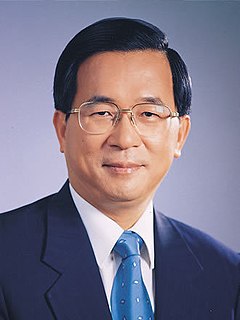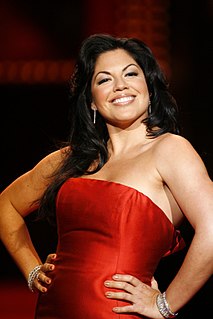A Quote by Margaret Heffernan
We know - intellectually - that confronting an issue is the only way to resolve it. But any resolution will disrupt the status quo. Given the choice between conflict and change on the one hand, and inertia on the other, the ostrich position can seem very attractive.
Related Quotes
Men make the mistake of thinking that because women can't see the sense in violence, they must be passive creatures. It's just not true. In one important way, at least, men are the passive sex. Given a choice, they will always opt for the status quo. They hate change of any kind, and they fight against it constantly. On the other hand, what women want is stability, which when you stop to think about it is a very different animal.
We have very stable mechanisms of conflict resolution in terms of labor relations, we have a very good transportation infrastructure, we provide our children with an excellent education and the gap between rich and poor in Germany is relatively narrow. On the other hand, we have trouble accepting change.
This much I can say with definiteness - namely, that there is no scientific basis for the denial of religion - nor is there in my judgment any excuse for a conflict between science and religion, for their fields are entirely different. Men who know very little of science and men who know very little of religion do indeed get to quarreling, and the onlookers imagine that there is a conflict between science and religion, whereas the conflict is only between two different species of ignorance.
When you have a conflict, that means that there are truths that have to be addressed on each side of the conflict. And when you have a conflict, then it's an educational process to try to resolve the conflict. And to resolve that, you have to get people on both sides of the conflict involved so that they can dialogue.
Competition has never been more threatening than it is now. Innovative thinkers challenge the status quo in their organizations. They are often viewed as "troublemakers." They threaten the defenders of the status quo. So competition within an organization can also be brutal. The most effective leaders overcome "the ideology of comfort and the tyranny of custom" by being change agents themselves. They encourage and reward innovative thinking. I have observed that people only resist changes imposed on them by other people.


































